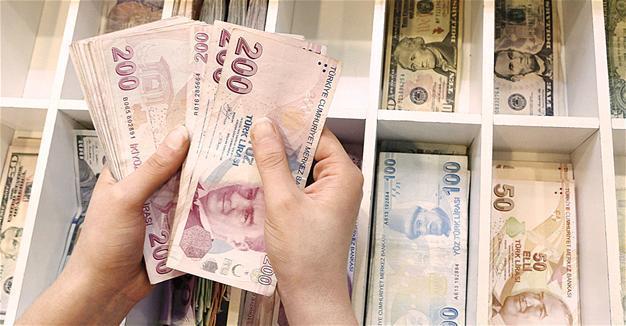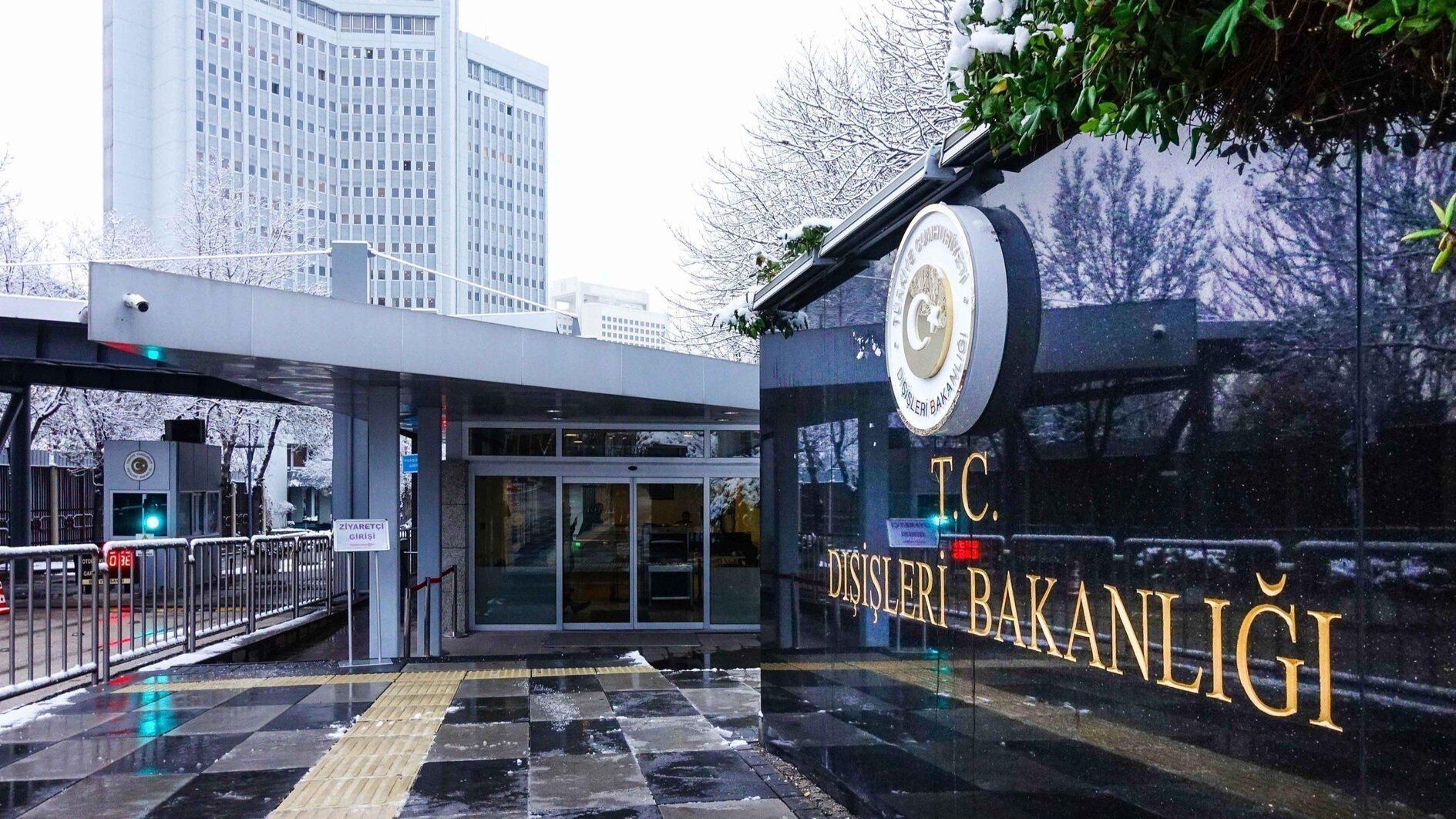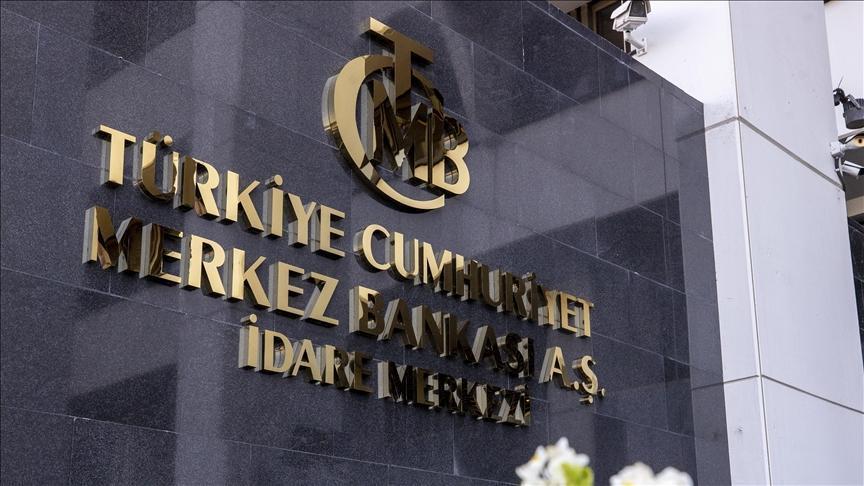Turkey retains investment grade, says senior rating expert
ISTANBUL
 A senior representative from Japan Credit Rating JCR has said Turkey still preserves its investable position, opposing the general sentiment following the rating cut by Moody’s, state-run Anadolu Agency has reported.
A senior representative from Japan Credit Rating JCR has said Turkey still preserves its investable position, opposing the general sentiment following the rating cut by Moody’s, state-run Anadolu Agency has reported. Moody’s cut Turkey’s long-term issuer and senior unsecured bond ratings by one notch to the speculative or “junk” level of Ba1 with a “stable” outlook late on Sept. 23, citing risks related to the country’s sizeable funding requirements and a slowing in its GDP growth and institutional strength.
JCR Eurasia President Orhan Ökmen noted Turkey’s highly risky position in fulfilling its foreign funding requirements, but stressed that there has been no further deterioration in this field.
Ökmen added that Turkey’s demographic and economic diversification have enabled the country to sustain its economic stability.
“In this vein, we do not agree with the first two reasons, which were offered by Moody’s, yet we agree with the last reason, which is about the weakening institutional framework,” he told Anadolu Agency.
Ökmen noted that for the great majority of pension funds to be able to invest in a country’s economy, investment grade status needed to be confirmed by at least two international rating agencies, regardless of recognition.
“Those credit agencies being renowned, more or less, is not a criterion. The basic criterion is being a ‘Nationally Recognized Statistical Rating Organizations [NRSRO],’” hr said.
Two agencies
Of the 10 Nationally Recognized Statistical Rating Organizations currently recognized by the Securities and Exchange Commission (SEC) in the U.S., two currently have Turkey’s sovereign credit rating as investment grade, according to Ökmen.
“One of those agencies is Fitch and the other is JCR. As a result, Turkey still retains its investment grade position,” he stated.
He also added that foreign exchange liquidity in Turkey was resilient and sufficient in the event of possible shocks.
“[There is] no problem in the ease of access to funds, public debt and the interest burden are at very reasonable levels. Therefore, in terms of financial stability Turkey remains in place,” Ökmen said.
Turkish markets recover after Moody’s downgrade shock
Borsa Istanbul rebounded at its opening on Sept. 27 after sharply falling in the wake of an unexpected rate cut from Moody’s.
The Borsa Istanbul BIST 100 index was up by 0.32 percent or 246.6 points to open at 76,972.34 points following the large loss it suffered on Sept. 26 due to the rate cut from international credit rating agency Moody’s.
The index, which slipped as much as 4.5 percent early on Sept. 26, managed to close the day at 76,725.73 points, 3.8 percent lower after recovering some ground.
Some analysts said sharp losses in the Turkish markets were not too worrisome as they coincided with losses as high as 2 percent in European markets.
Meanwhile, the U.S. dollar rate against the Turkish Lira retreated to 2.97 levels.
The lira recovered some ground in the early hours of trading, as the U.S. dollar versus lira rate was 2.9710 at market opening compared to 2.98 at the close, down 0.3 percent.
















